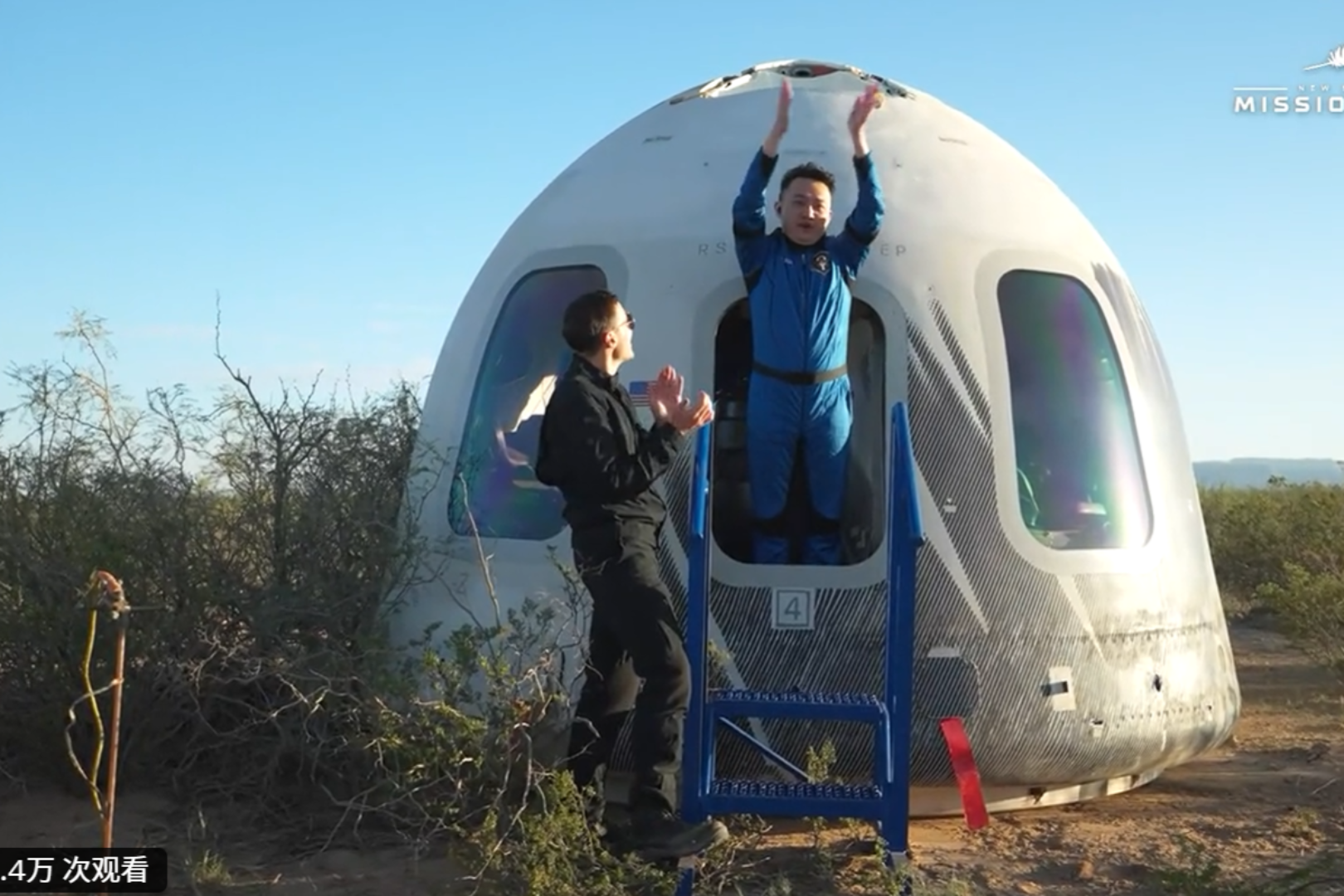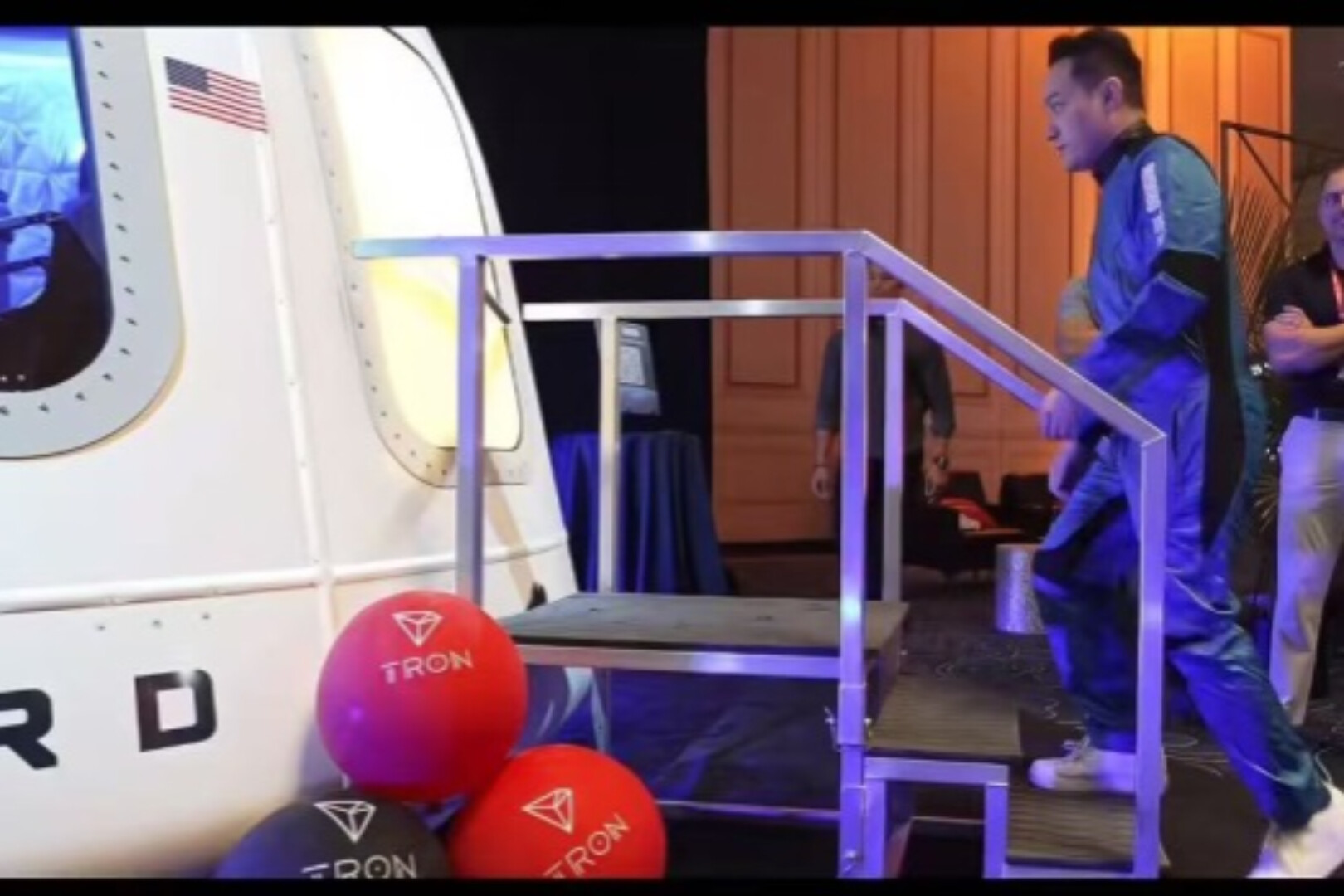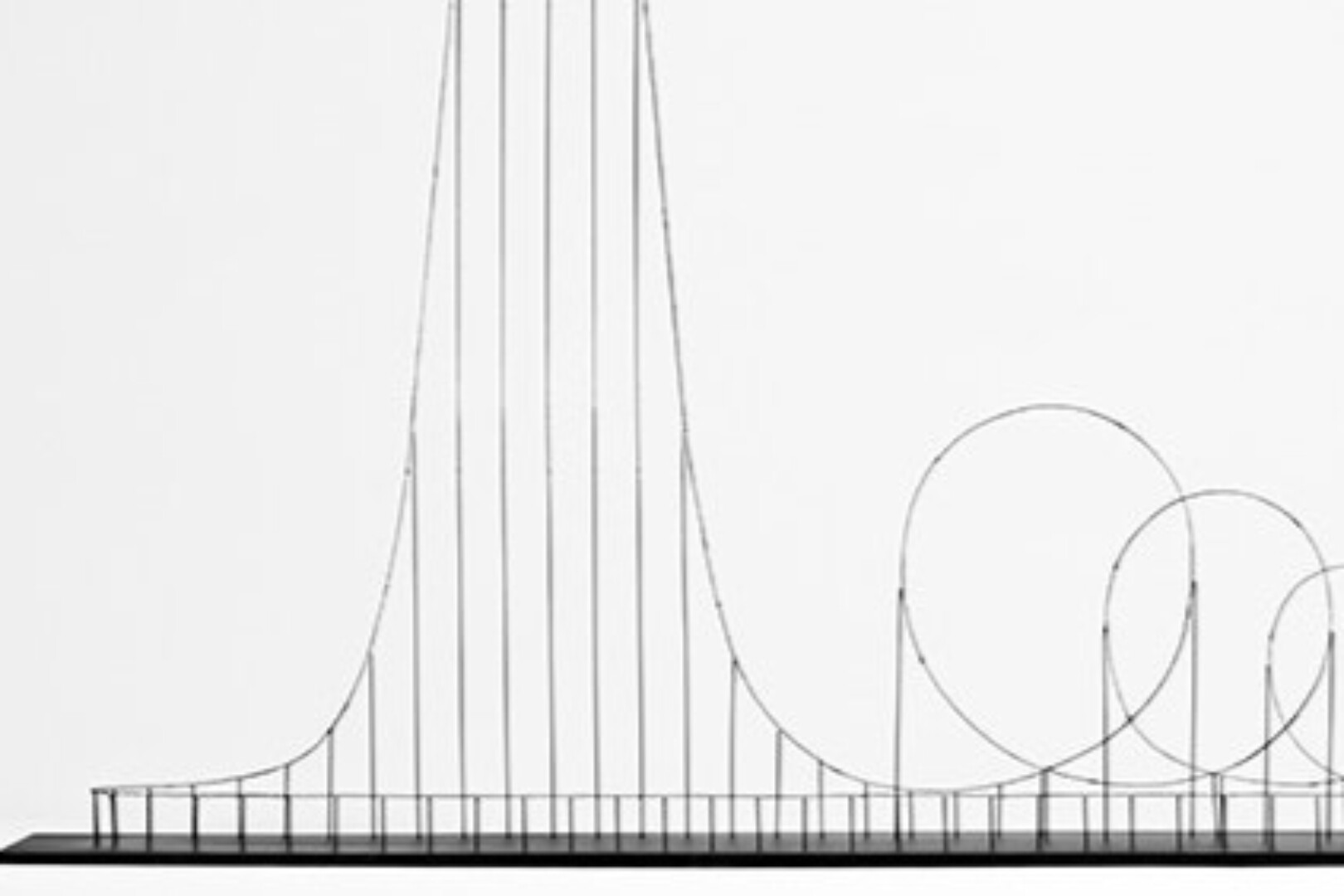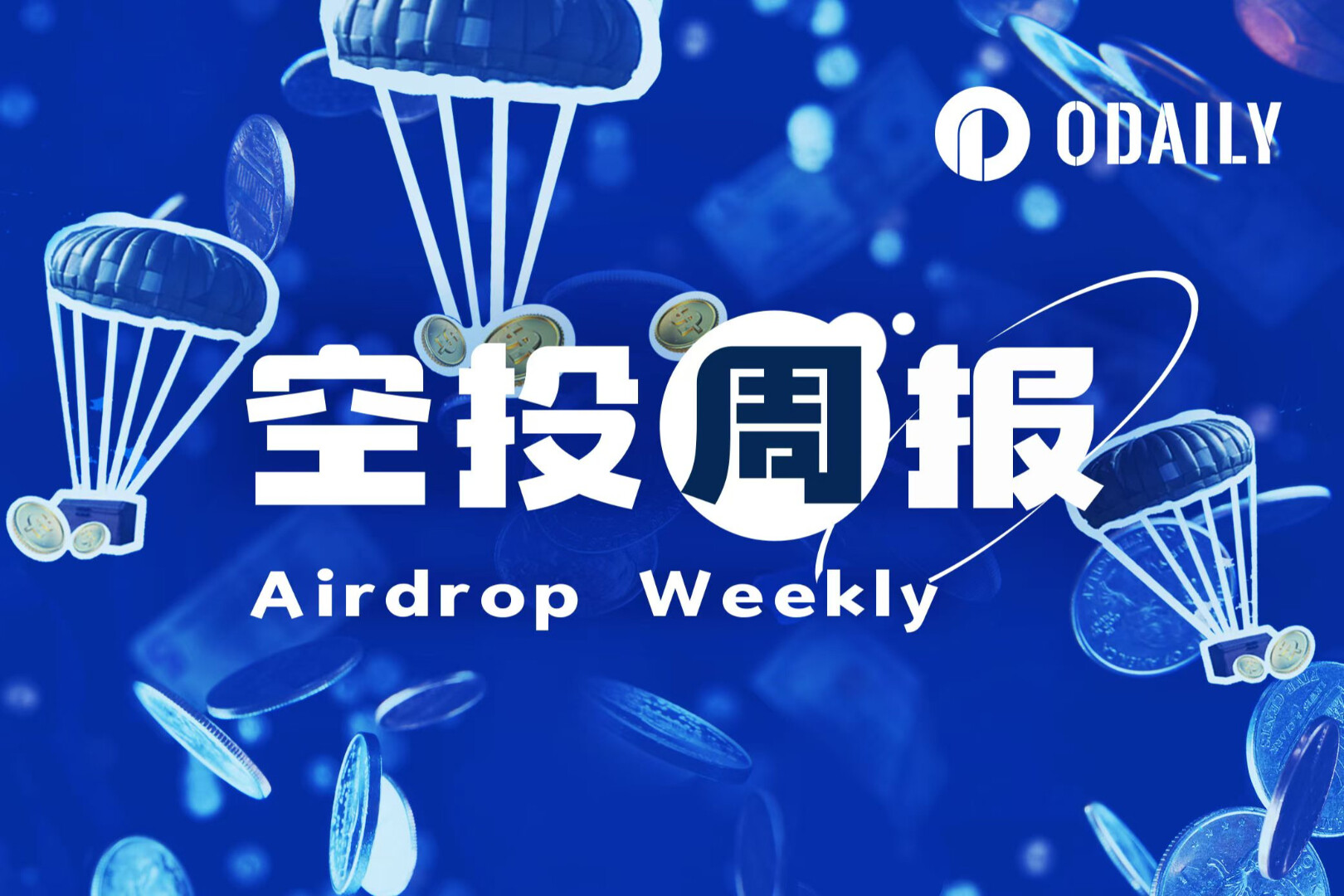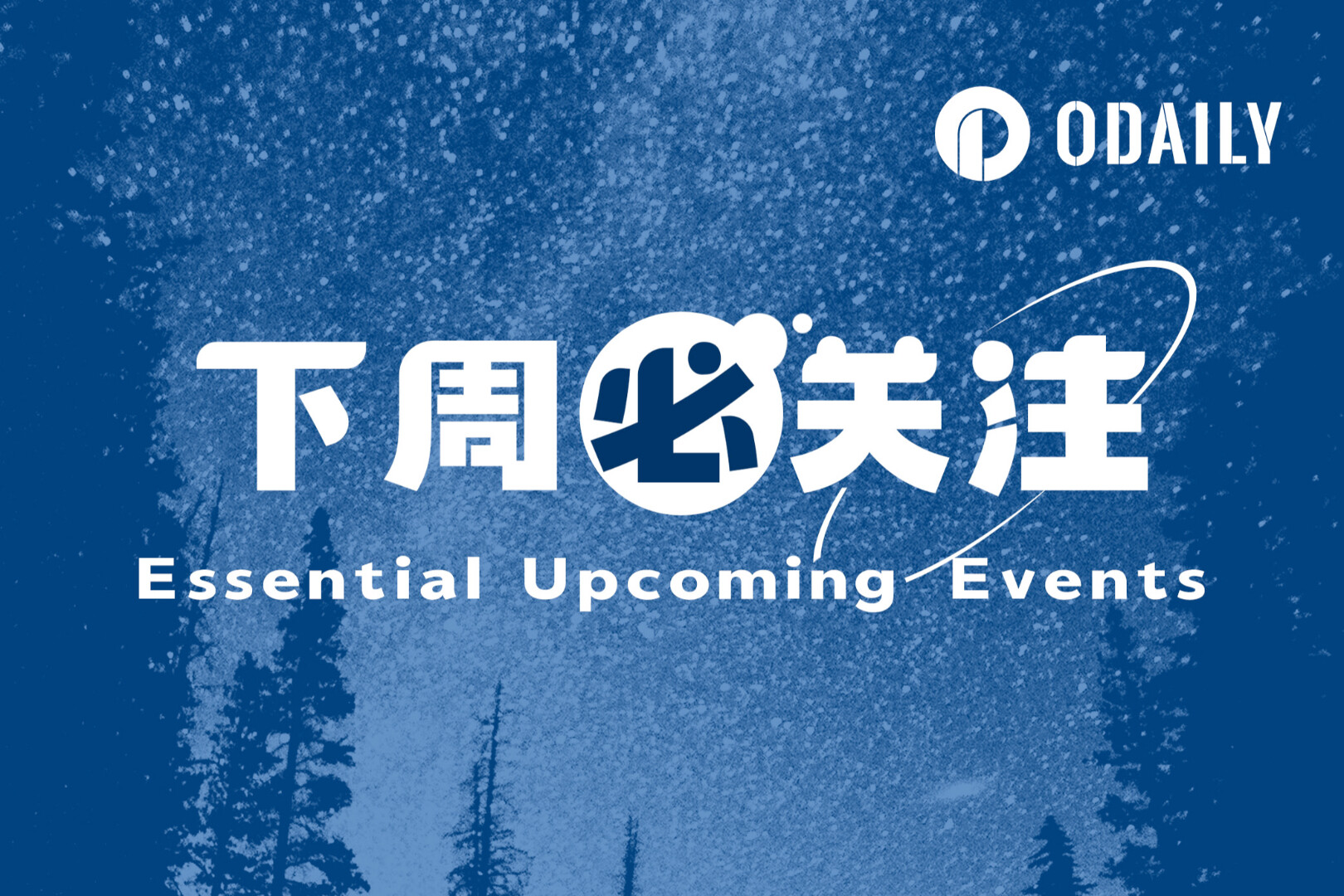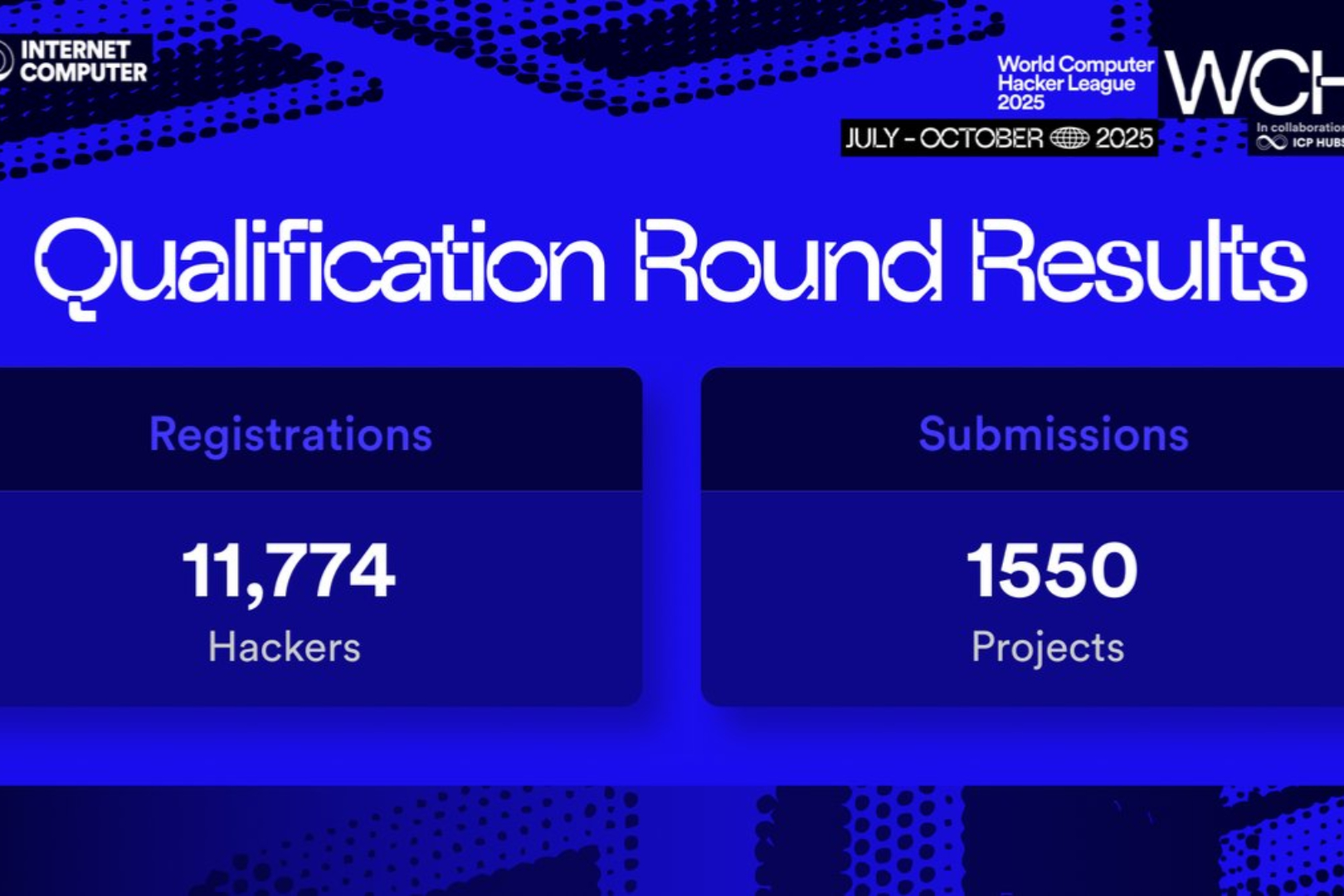What is DAOS?
A decentralized autonomous organization (DAO) is a group organized around a mission, coordinated through a shared set of rules enforced on the blockchain.
One of the main benefits of a DAO is that it is more transparent than traditional corporations, since all actions and funds in a DAO are visible to anyone. This greatly reduces the risk of corruption and censorship. Listed companies must provide independently audited financial statements, but shareholders can only see the company's financial status in a timely manner. Since the DAO's balance sheet exists on the public blockchain, it is completely transparent at all times down to every transaction.
image description
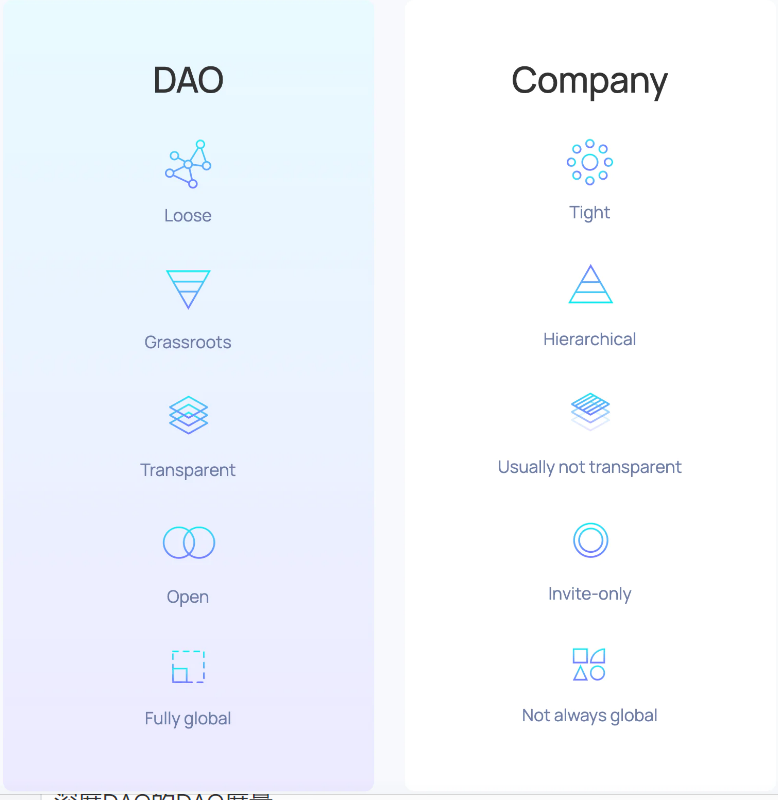
Source: Aragon
The goal of this post is not to detail every DAO in crypto, but to give a high-level overview of what DAOS are, why they are interesting, and showcase some potential use cases for them.
DAOS instance
Perhaps the most notorious knife to date is theknifeThe fund was launched in April 2016 as a decentralized venture capital fund. Members donate ETH and receive DAO tokens in return, funds that can be used to vote on which projects should be allocated to which projects. The company raised $150 million in ETH and had $60 million stolen by hackers. An interesting part is that even though the DAO is now defunct, anyone will still be able to see everything that happened because it is on a public blockchain and this record will never disappear. Unfortunately, the DAO hack temporarily left many people with a negative impression or suspicion of the word DAO, but DAOS is a very powerful form of organization that has quickly seen a resurgence of DAO activity in the hidden space.
image description
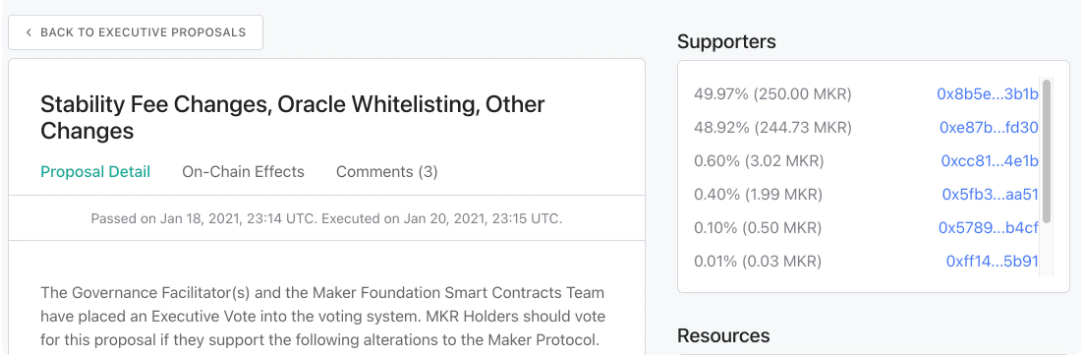
Example of MakerDAO execution plan
image description
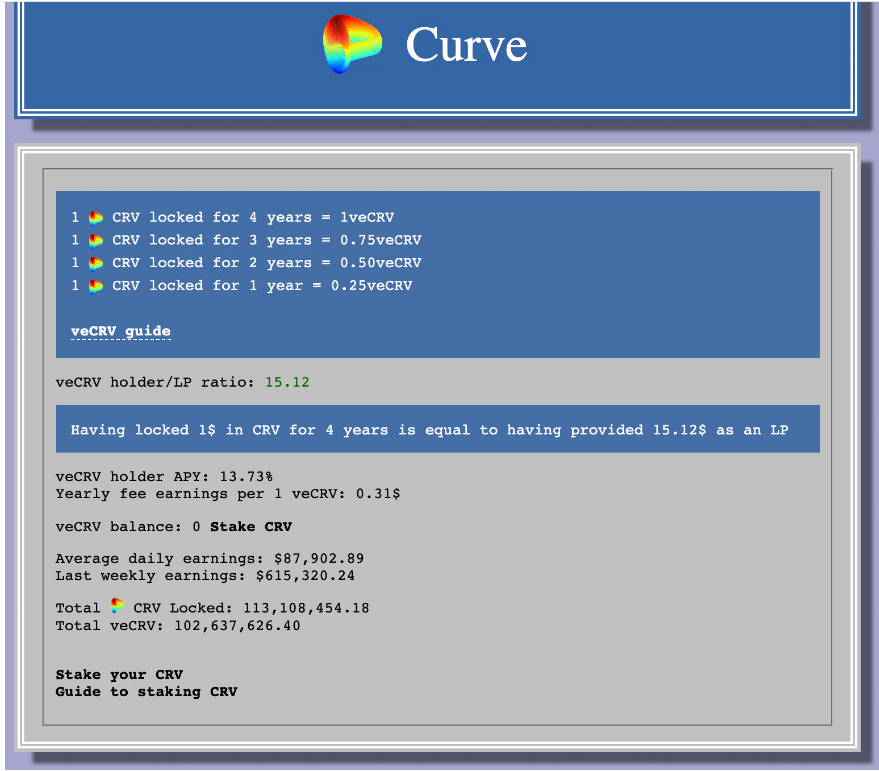
Curved knife
The assets of a DAO can be directly controlled by stakeholders through tokens. Stakeholders can be pseudonyms and be based anywhere in the world. These imposter stakeholders can get together and distribute the DAO's assets for anything, including hiring employees. This is what is happening today. DAOS consists of hundreds of known and pseudonymous members, legally hired employees based on community reputation alone. The Empty Dollar (ESD) DAO, for example, paid community manager Lewi $180,000, which he says is the highest-paid role of his career. Other blockchains Tezos and Ornaments have also established these types of systems to reward contributors for their work.

 We have seen some DAOS set up for investment or grant purposes. The Moro Knife is a path of aid granted to advance the ethereum ecosystem. They also allow people to withdraw their funds in a "crazy exit" if they don't agree with the overall decision of the Taofa. MolochDAO's contract has been forked several times to create other DAOs. MetaCartel Ventures is a for-profit fund that invests in Dapps and was an early investor in many prominent crypto projects, including Zapper and Rai. Members include experienced builders in the crypto community. Again, Lao Tzu This is another Dao Zi, which is made up of "Ether" enthusiasts who invested in the board and projects such as Aavegochi early on. MetaCartel Ventures and Lao companies are examples of DAOS that have strong deal flow in the crypto ecosystem, sometimes even surpassing many venture funds, as the founders want to work with members of the DAO, which itself represents the value of crypto Spirit.
We have seen some DAOS set up for investment or grant purposes. The Moro Knife is a path of aid granted to advance the ethereum ecosystem. They also allow people to withdraw their funds in a "crazy exit" if they don't agree with the overall decision of the Taofa. MolochDAO's contract has been forked several times to create other DAOs. MetaCartel Ventures is a for-profit fund that invests in Dapps and was an early investor in many prominent crypto projects, including Zapper and Rai. Members include experienced builders in the crypto community. Again, Lao Tzu This is another Dao Zi, which is made up of "Ether" enthusiasts who invested in the board and projects such as Aavegochi early on. MetaCartel Ventures and Lao companies are examples of DAOS that have strong deal flow in the crypto ecosystem, sometimes even surpassing many venture funds, as the founders want to work with members of the DAO, which itself represents the value of crypto Spirit.
We also saw the emergence of DAOS, which catered to more specific investment opportunities, such as owning NFT art and virtual gaming projects. Oil Production Association Mini Game, a game association that makes money by playing games, turns gamers into investors by purchasing NFTs in games such as Axie Infinity, League of Kingdoms, and Sandbox.
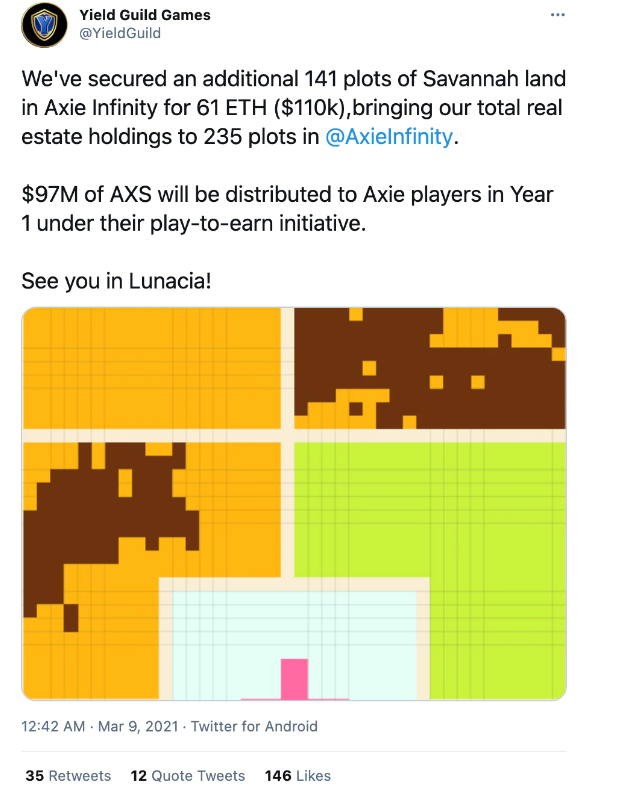
 FlaygoDAO is a for-profit, NFT-focused DAO. They have been actively investing in NFT news when they spent $762,000 in ETH on a rare CryptoPuck NFT.
FlaygoDAO is a for-profit, NFT-focused DAO. They have been actively investing in NFT news when they spent $762,000 in ETH on a rare CryptoPuck NFT.
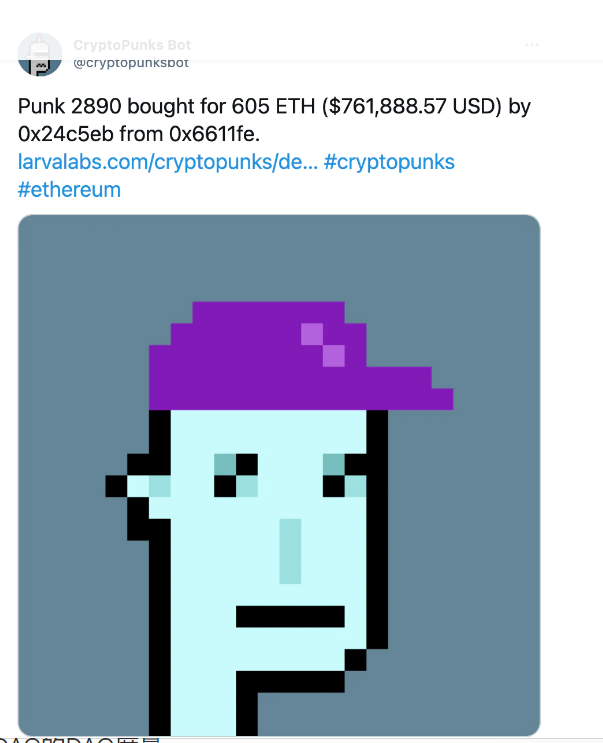

DAO tools
DAO tools
image description
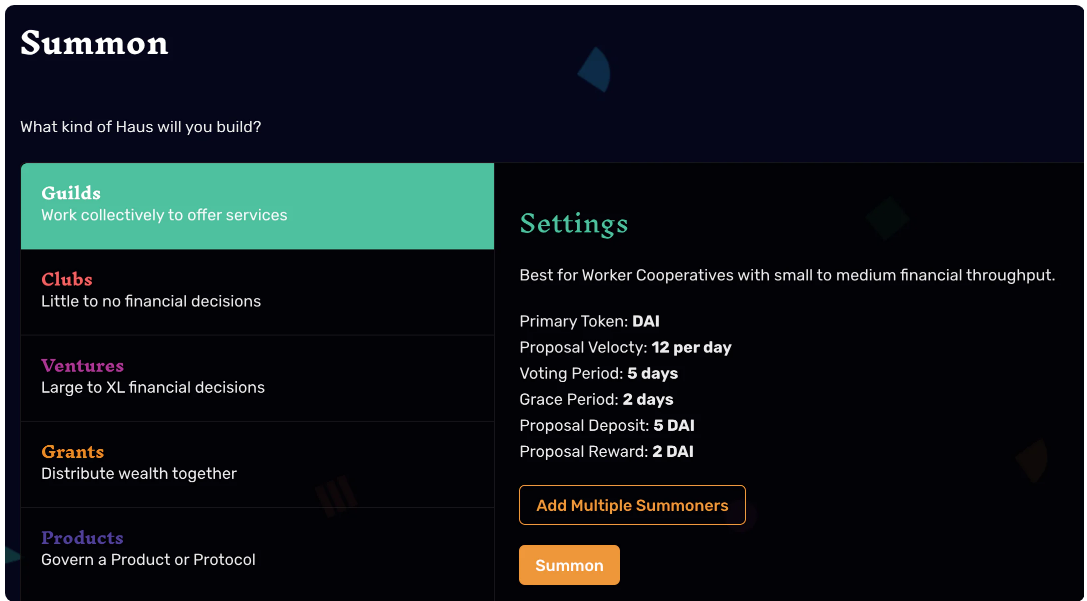
Create a DAO in DAOHOUS
There are also tools such as snapshots that specifically manage proposals voted on by token holders, making it easy to see relevant details and votes on proposals.
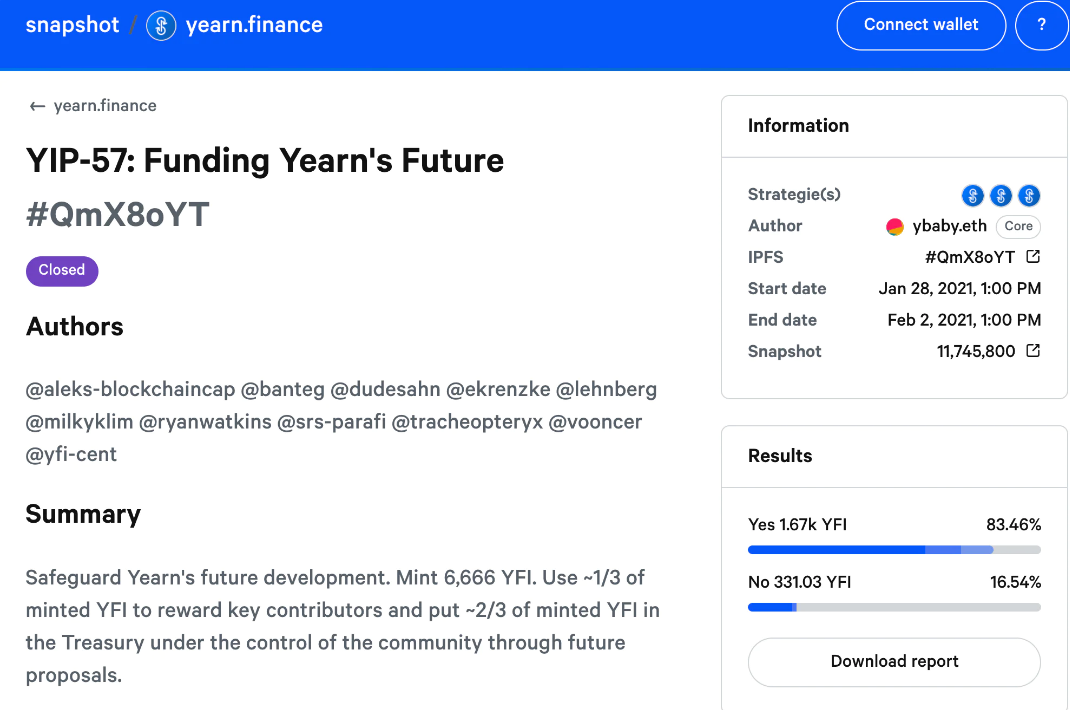
There are even items where you can buy and sell governance tickets, such as automatons. This concept is controversial as it could lead to those with large amounts of capital being able to control votes, but I think the establishment of this type of lending system is inevitable and will only lead to projects strengthening their governance systems.
image description
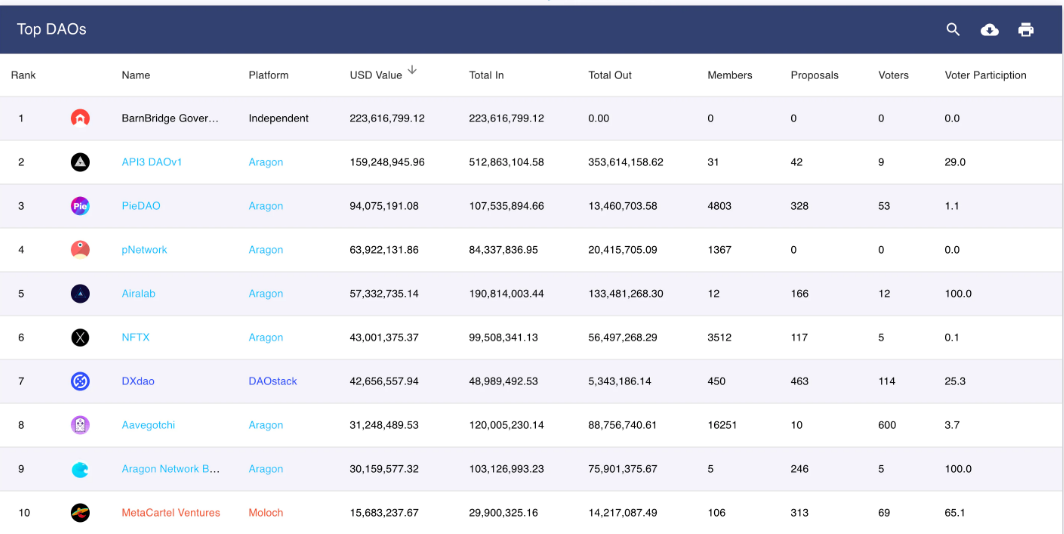
DAO Metrics for Deep DAO
future use case
For DAOS, there are tons of interesting use cases, and we are only at the beginning of the design space. With DAOS, we will be able to experiment with the governance system at a rapid rate, quickly improving what works and what doesn't. For example, there might be a DAO that uses fuzzy decision-making, involving members placing bets on prediction markets, and then using the outcomes of those markets to determine actions.
We'll also see Meta-governance when DAOS itself serves many different protocols and receives governance tokens. DAOS will start voting and acting as representatives among other DAOS.
A possible use case is a DAO, where all members are anonymous and can build a reputation within the DAO without having to reveal their identity. This puts members on a more level playing field and makes it easier for DAOS to reward individual contributors, rather than potentially catering to higher profile members, who already have a large following.
Another interesting use case for DAOS is to have collective NFT art, where each member can vote on different attributes of a piece of art and make changes to the entire artwork based on different attributes.
potential problems
DAOS are a powerful way to organize, but they can have potential problems, they are not an ideal system for everything. While DAOS can replace aspects of legal contracts with code and save a lot of operational overhead, in some cases there is no legal protection outside the rules that SMART contracts facilitate for DAOs. This can create problems if the control of a DAO is centralized or poorly defined, although some DAOs may also form the legal entity behind DAOS itself. There is also a Wyoming Island Bill that passed a Wyoming Senate committee that would help create a legally recognized Dawes.
Depending on how the DAO is set up, it may be more difficult to coordinate and move quickly compared to a central leader (such as the CEO making quick decisions when necessary). However, DAOs can set quorums that don't take too long and set requirements on how responsive DAO members need to be. Also, in the beginning when there are many decisions to be made, there may be more centralization among certain members, and then over time, "gradual decentralization" is called "progressive decentralization".
Furthermore, not all MPs want to vote, and even the most qualified to vote on all changes may be indifferent to voters. In this case, there may be electorate delegates to members who can vote more informedly and actively, also in line with their beliefs. These representatives are sometimes referred to as protocol politicians, as they often enlist membership votes in DAOs, similar to what existing politicians do. We may have some deal lobbies that try to influence the decisions of these politicians. On the other hand, one day we may even see Dawes lobbying and becoming a major political institution in society.
Another problem is that by making members so open, it may lead to lower quality and higher noise inside the DAO, but these problems can be solved by DAO screening process or minimum token holding, at least ensure that participants in the There are skins in the game and are incentivized to see the DAO succeed.
